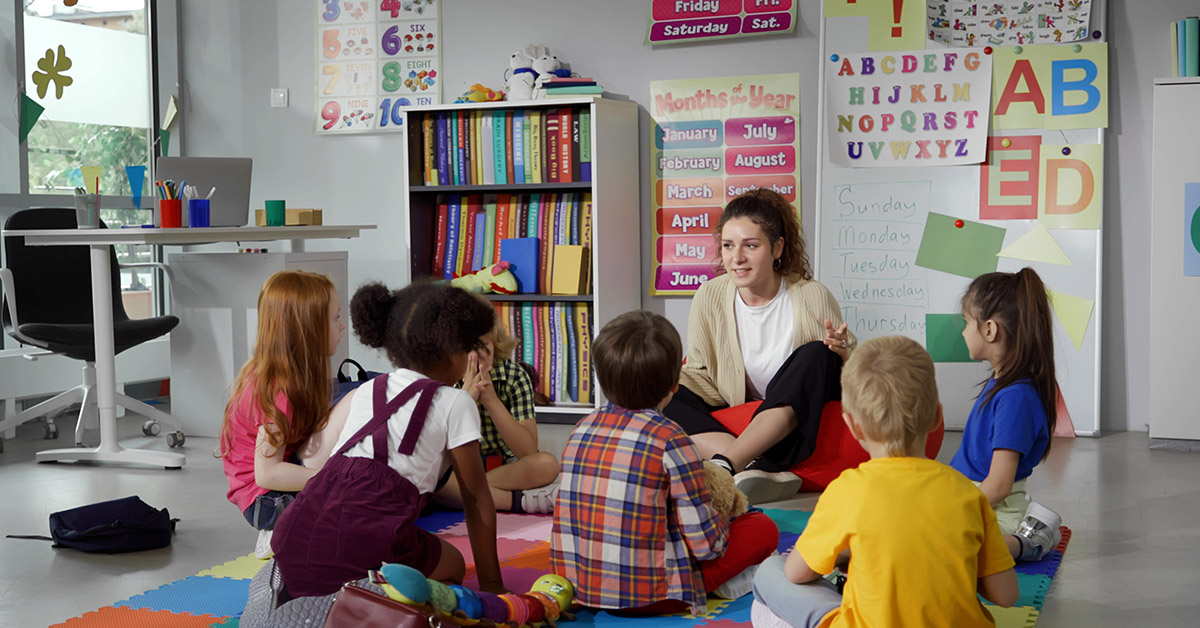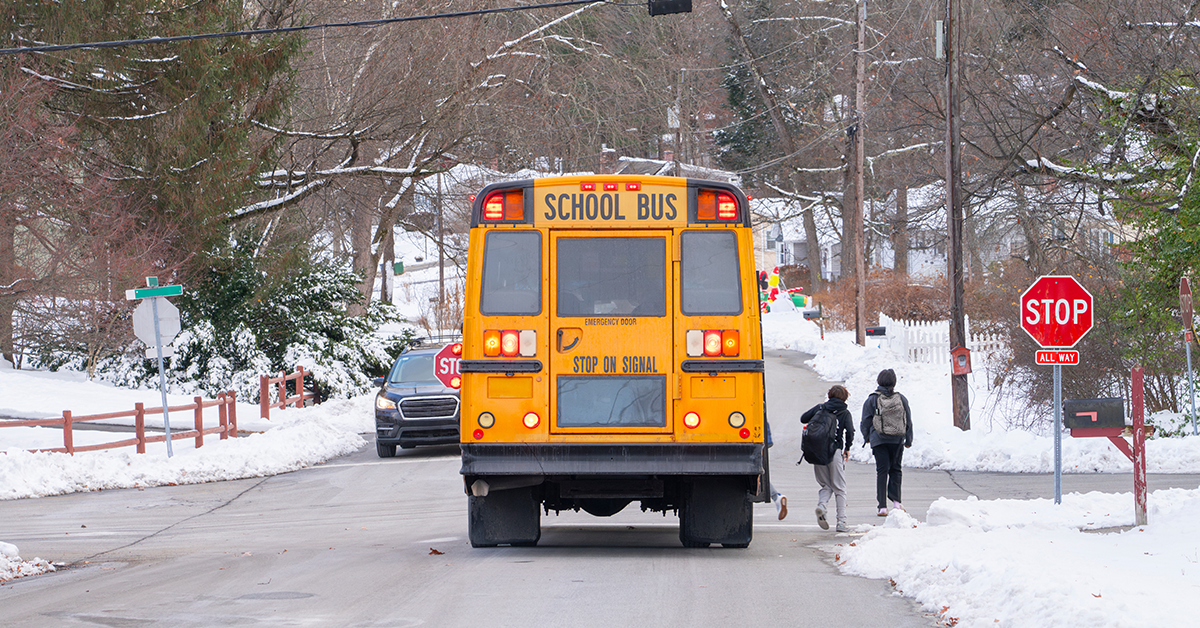Infants and young children who don’t understand choking risks may be inclined to place small items in their mouths. Thus, it’s important for parents to keep their children away from such items.
Watch The Video
Unfortunately, parents can’t control the decisions various product designers and manufacturers make. Many products contain the types of small pieces that can be choking hazards in the hands of young kids and babies. Some of these products are even designed for this age group.
What the Law Says About Choking Hazards for Young Children
If a product designed for a child aged three or younger poses a choking hazard, federal law prohibits the sale of such a product. That doesn’t necessarily mean these types of products never reach shelves. In addition, the ban on such products doesn’t apply to certain items, such as:
- Balloons
- Various products made of paper, like books
- Children’s clothing and accessories
- Crayons, chalk, and similar writing materials
- Rattles and pacifiers
- Clay
Parents should carefully check all the products their children use and have access to for small parts. Sometimes, however, it’s not immediately clear that a particular component of a product is a small part that can break off and become a choking hazard. For example, with some children’s toys, the packaging might not clearly indicate which parts of the toy can be removed from the larger base structure.
Seeking Compensation When Choking Hazards Hurt Kids
Product manufacturers and designers have a duty to obey the law and take reasonable steps to guard against their products harming consumers. If a product harms a child, their parents or guardians may have the right to file an insurance claim or lawsuit on their behalf. Doing so may allow them to seek compensation for medical bills and other losses resulting from the injuries a product caused.
However, it’s important to be aware that these types of cases can be very complex. For example, if you were to file such a claim in Massachusetts, you would first need to determine who is the liable party. Liable parties in these circumstances may include:
- Manufacturers/designers
- Wholesalers
- Retailers
In addition, those taking legal action in these types of cases may need to determine what legal theory to take action under. Massachusetts’s product liability law is technically based around theories of breach or warranty, and negligence. In the context of a product liability case, this essentially means that someone filing a claim has the burden of proof to show that the product at issue was defective when sold, and/or the entity responsible for the product was negligent (or breached its duty of care) with respect to the design, testing, manufacture, marketing or sale of its product. Failure to warn, or adequately warn, is another potential theory of liability, depending on the facts.
Under Massachusetts law, when an item is available for purchase, there is typically an implied warranty. That means the responsible company warrants the product is safe to use for its intended and foreseeable purposes
If a product harms a child, their parents or guardians may have the right to file an insurance claim or lawsuit on their behalf.
Keeping Kids Safe from Choking Hazards
Inspecting all products for small parts and now allowing children to access them is one of many ways parents can guard against their kids choking on such items. Additional ways to protect kids include:
- Make sure all caregivers are aware of choking hazards. Even a relative or family friend who will be watching your child for just a few short moments should know what types of items may cause harm and how they can guard against said harm.
- Exercise your own judgment when deciding whether a game or toy is right for a child. Even if your child is within the recommended age range, understand that some hazards are hidden, and with further investigation, you may decide that a certain type of toy or game may be unsafe.
- Always monitor children when playing with any items that can potentially cause harm. In addition, identify non-toy items that may fascinate children when they aren’t being watched, such as magnets on a refrigerator. Although such oversight cannot and should not replace the manufacturers’ or sellers’ responsibility to sell products that are free of defects and safe for use, such vigilance could reduce risks.
Even with such awareness, it’s possible your child will be harmed because a product was dangerous in a way that wasn’t clear or obvious when you bought the product. If this happens, strongly consider reviewing your case with an attorney. At Swartz & Swartz, P.C., a Boston product liability lawyer may help you and your child pursue the compensation they deserve. Learn more about how we can help by contacting us online today or calling us at (617) 742-1900 for a free case review.
Need Help?
If you or someone you know, needs help from a lawyer, contact the law offices of Swartz & Swartz, use our live chat, or send us a message using the form below and we’ll get in touch to assess your case and how we can help.
Keep Reading
Want more? Here are some other blog posts you might be interested in.




